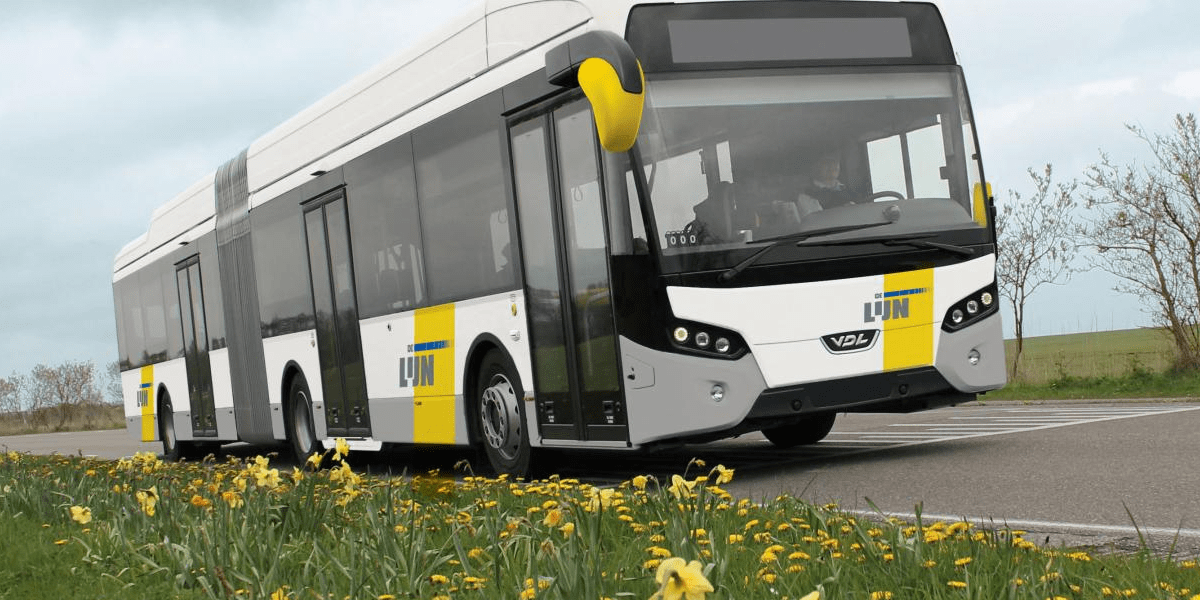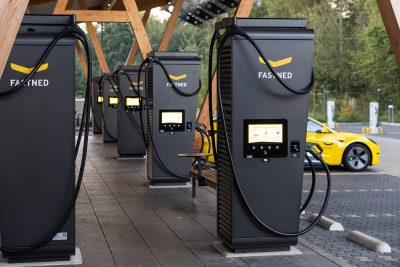VDL receives an order for 200 hybrid buses from Belgium
The Belgian transport company De Lijn has ordered 200 hybrid buses from VDL Bus & Coach. The order comprises 80 Citea SLE-120 Hybrid and 120 Citea SLFA-180 Hybrid, which will be used at various locations in Flanders, Belgium. The buses will always be powered electrically since the diesel is only used as a generator.
++ Kindly find all updates to this article below. ++
The first deliveries under the new order are scheduled for the second half of 2020. This is a follow-up order, as De Lijn has already ordered more than 620 Citea from VDL since 2014 – but it is now the largest single order to date. VDL does not specify the financial scope of the order.
It is also the biggest order to date for the bus operator. “This order is the largest in the history of De Lijn”, says Roger Kesteloot, General Director of the company. “This is an important contribution to the air quality and climate goals of Flanders.” According to Kesteloot, the 200 buses will save the company one million litres of diesel a year and 2,640 tonnes of CO2 a year.
The vehicles are not full hybrids, but a plug-in concept with a serial drive. In other words: the bus is powered exclusively by the electric motor, and the combustion engine serves only to charge the battery. Both models ordered use the familiar drive train of the Citea Electric, but with a slightly smaller battery. The Citea SLE-120 Hybrid has a 160 kW electric motor and a 32 kWh battery. The Citea SLFA-180 Hybrid as an articulated bus has a 240 kW electric motor, the battery is twice as large with 64 kWh. In both cases, a 180 kW four-cylinder diesel engine acts as the generator.
With fully charged batteries, the buses should be able to drive up to 30 kilometres purely electrically, which should be sufficient for journeys in the environmental zones of the cities. Outside the cities, the generator will recharge the batteries. According to the press release, VDL assumes that the new generation of Citea hybrid buses will run on electricity for more than half the time. In the inner cities and environmental zones, the hybrid buses will be able to be used like fully electric buses.
The batteries are charged in the depot via CCS plugs so that the buses can start the shift with maximum electric range. In the future, the electrical components are to be further increased, above all through a quick-charging option. The hybrid buses can then also be charged in the city via an integrated pantograph and are less dependent on wired CCS charging or the diesel generator.
De Lijn is the public transport company of the Flemish Region, with 3.5 million passengers per year using the bus and tram services, according to its own figures. De Lijn’s network includes around 1,000 lines and 36,000 stops. The fleet comprises 2,250 buses and 400 trams.
Update 04 August 2020: VDL Bus & Coach has received a follow-up order from the Belgian transport company De Lijn. After De Lijn had already ordered 200 hybrid buses (80 Citea SLE-120 Hybrid and 120 Citea SLFA-180 Hybrid) from the Dutch manufacturer for use at various locations in Flanders at the end of 2019, an additional 70 Citea SLFA-180 Hybrid buses have now been ordered.
“A total of 270 new hybrid buses are expected between 2020 and 2022,” says Roger Kesteloot, General Manager of De Lijn. “About 1 bus in 3 of De Lijn’s buses will operate green.” From 2025, buses in Flanders will only be allowed to run electrically in all city centres.
The vehicles ordered are therefore not full hybrids, but serial plug-in hybrids as reported above: the buses are always powered by an electric motor, whose electricity in the Citea SLFA-180 Hybrid comes from a 64 kWh battery. The four-cylinder diesel only serves as a generator.
vdlbuscoach.com, vdlbuscoach.com (update)





1 Comment